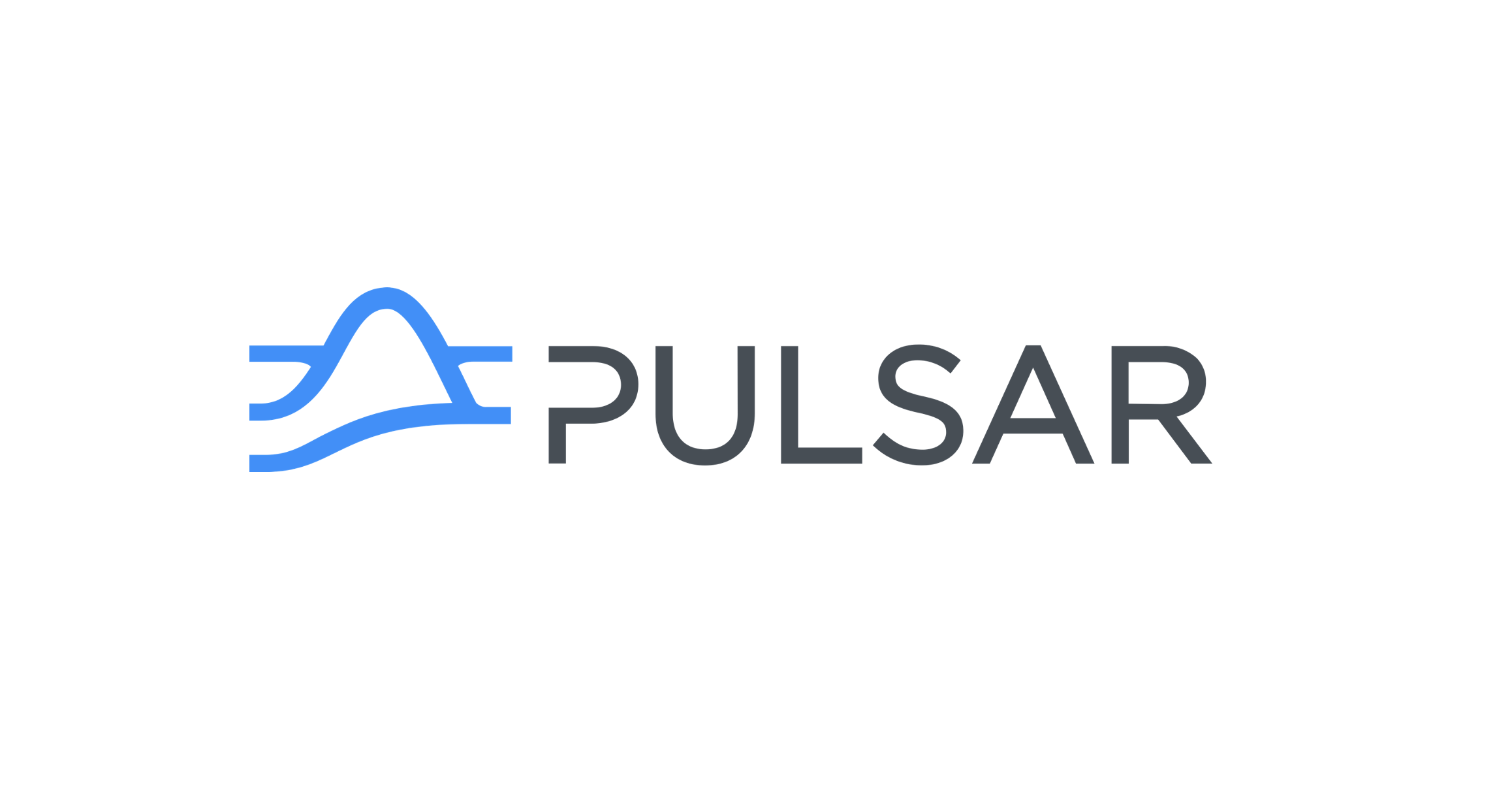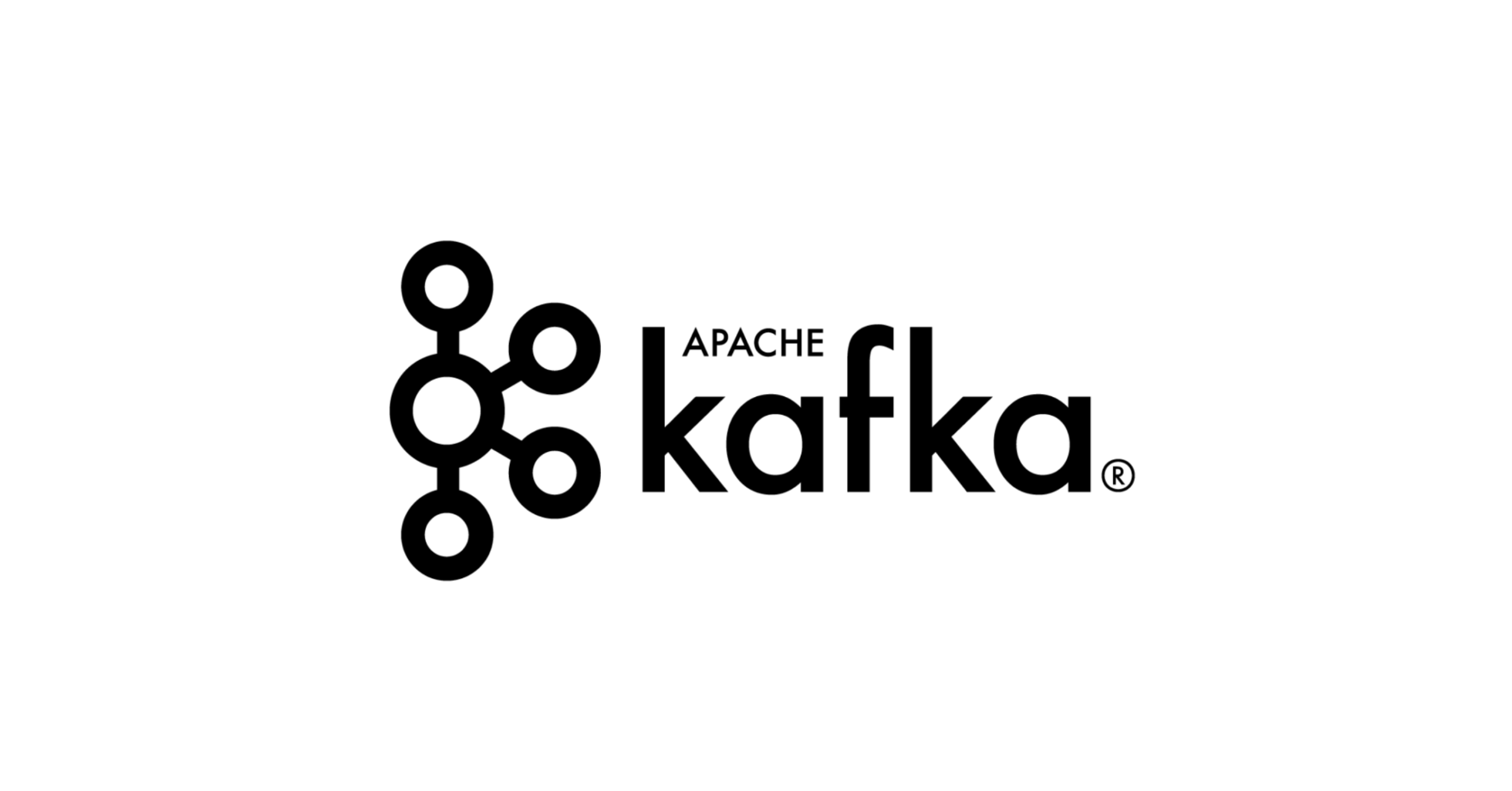Big Industries Academy
Exploring Messaging and Streaming Technologies Part3: Azure Event Hubs

Following the series “Exploring Messaging and Streaming Technologies”, in Part 3, Francine Anestis explores the Key Features, Architecture, Use Cases, Strengths & Weaknesses, Cost and Maturity Level of Azure Event Hubs.
Azure Event Hubs is a fully managed, real-time data ingestion service capable of receiving and processing millions of events per second. It is designed to handle large-scale data streaming scenarios and is part of the Azure cloud ecosystem.
Key Features

- Elastic Scaling: Automatically scales to handle increasing workloads.
- Throughput Units: Manages throughput capacity via units that determine ingress and egress rates. For throughput 1 MB/s the latency is ~200 ms.
- Geo-Disaster Recovery: Allows for pairing namespaces in different regions for failover.
- Replication: Ensures high availability and durability through event replication.
- Authentication: Supports SAS (Shared Access Signatures) and Azure Active Directory.
- Encryption: Data is encrypted at rest and in transit for secure data handling.
- Azure Ecosystem: Integrates seamlessly with other Azure services like Azure Stream Analytics, Azure Functions, and Azure Data Lake.
- Third-Party Systems: Supports integration with external applications and services through various protocols and SDKs.
- Schema Registry: supports schema registry through Azure Schema Registry allowing to define and manage schemas for the event data.
Architecture
Azure Event Hubs' architecture centers around the concept of namespaces and includes the following components:
- Event Hub Namespace: A logical container for organizing and managing Event Hubs.
- Event Hubs: Individual units within a namespace that receive event streams.
- Partitions: Segments within an Event Hub that provide parallel processing and scalability.
- Consumer Groups: Enable multiple applications to read the same stream of events independently.
Use Cases
IoT Telemetry Ingestion
- Scenario: Collecting telemetry data from IoT devices.
- Flow: Devices send data to Event Hub -> Azure Stream Analytics processes data -> Data stored in Azure SQL Database.
Log and Event Streaming
- Scenario: Real-time processing of application logs.
- Flow: Applications send logs to Event Hub -> Consumers read logs and trigger alerts -> Long-term storage in Azure Data Lake.
Data Pipeline Integration
- Scenario: Ingesting data for ETL processes.
- Flow: Data enters through Event Hub -> Downstream processing systems (e.g., Azure Data Factory) perform ETL -> Data stored and analyzed.
Strengths
- Managed Service: Fully managed by Azure, reducing operational overhead.
- Scalability: Easily handles large-scale data streaming with elastic scaling.
- Integration: Tight integration with other Azure services and ecosystems.
- Security: Robust security features with support for modern authentication and encryption standards.
- Kafka connection: Provides an Apache Kafka endpoint, which allows users to connect to an event hub by using the Kafka protocol.
- Protocols Interoperability: Apart from its native protocol (AMQP), Event Hubs also supports Kafka protocol and HTTP/REST.
Weaknesses
- Cost: Pricing can become complex and potentially high for large-scale usage.
- Dependency on Azure: Lock-in to the Azure ecosystem can be a concern for some organizations.
Cost
- Tier based: The cost of Event Hubs is defined by Microsoft based on the client’s needs. More details can be found on the official Azure Event Hubs pricing page and an estimation can be done using the Azure Pricing Calculator.
- Managed Services: It is fully managed by Microsoft.
Maturity Level
- Mature (2014): Azure Event Hubs backed by Microsoft's support infrastructure is a mature, robust, and reliable data streaming service. It has been in operation for a significant period, offers a rich feature set, is widely adopted, and integrates deeply with the Azure ecosystem.
Conclusion
Azure Event Hub is a powerful and scalable service for real-time data ingestion and processing. By leveraging its robust features, seamless integration with the Azure ecosystem, and strong security measures, organizations can handle large-scale data streaming scenarios efficiently. Understanding its architecture and best practices ensures effective utilization of Event Hubs for diverse use cases, from IoT telemetry to log processing and data pipeline integration.

Francine Anestis
My diploma thesis as well as my internship being on ETL, Analysis and Forecasting of Big Streaming Data, I am keen on learning more and immersing myself in Data Engineering and Data Space in general. Building data pipelines, using Kafka, databases and algorithms captivated me during my studies as Electrical and Computer Engineer and as a result I decided to dedicate myself on Data Engineering. I am very excited starting my learning and career path at Big Industries. Regarding my skills, if I had to choose one programming language and a platform, I would say that Python and Kafka are my strongest assets, but I am looking forward to extending that list.




